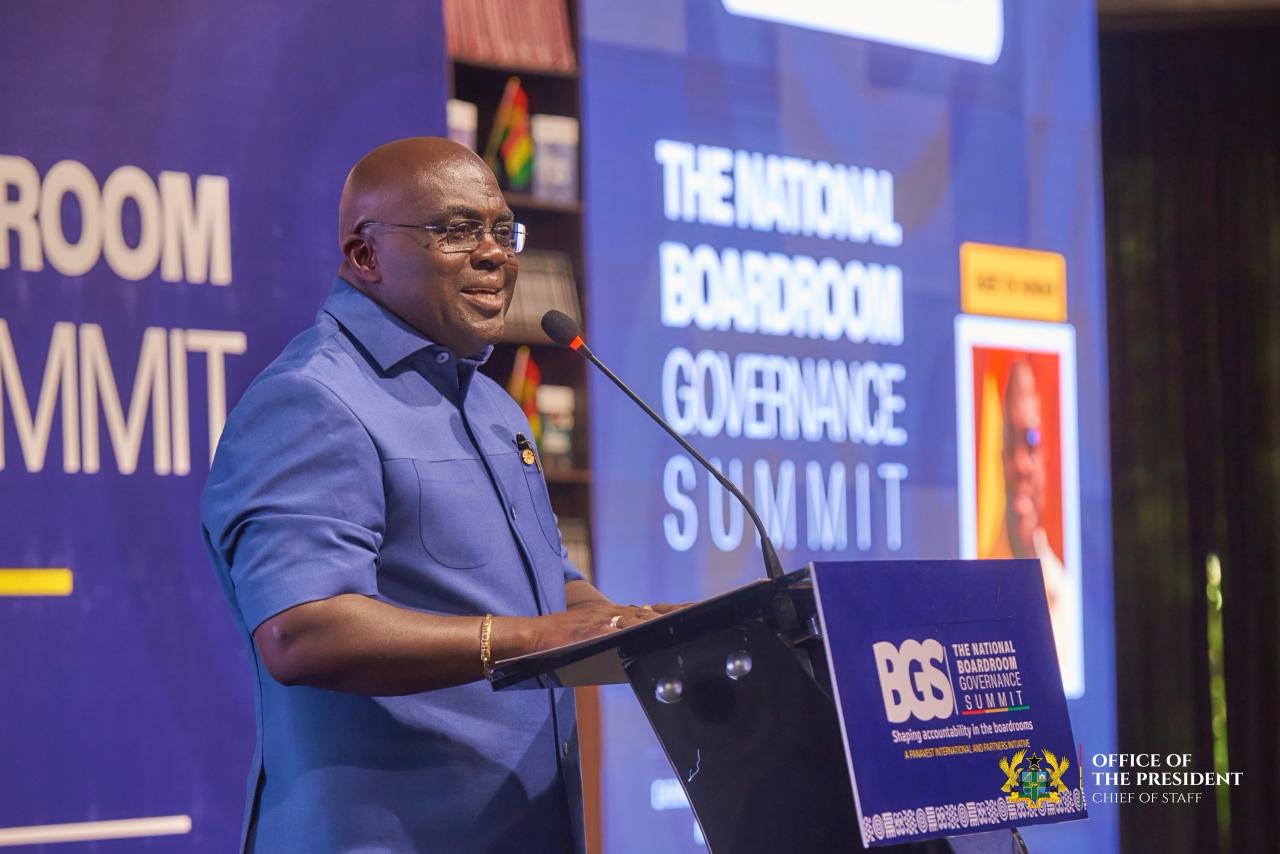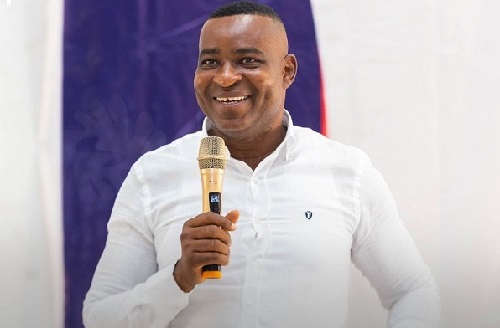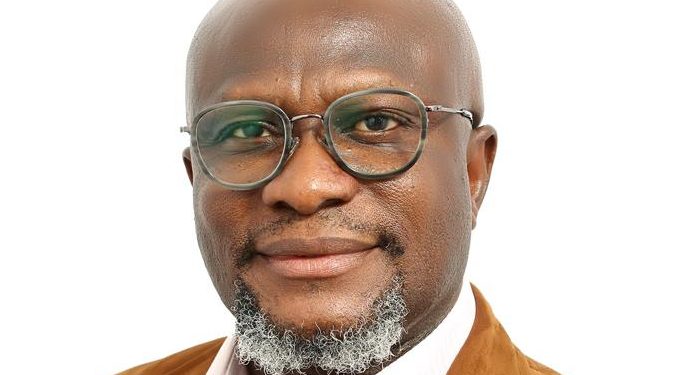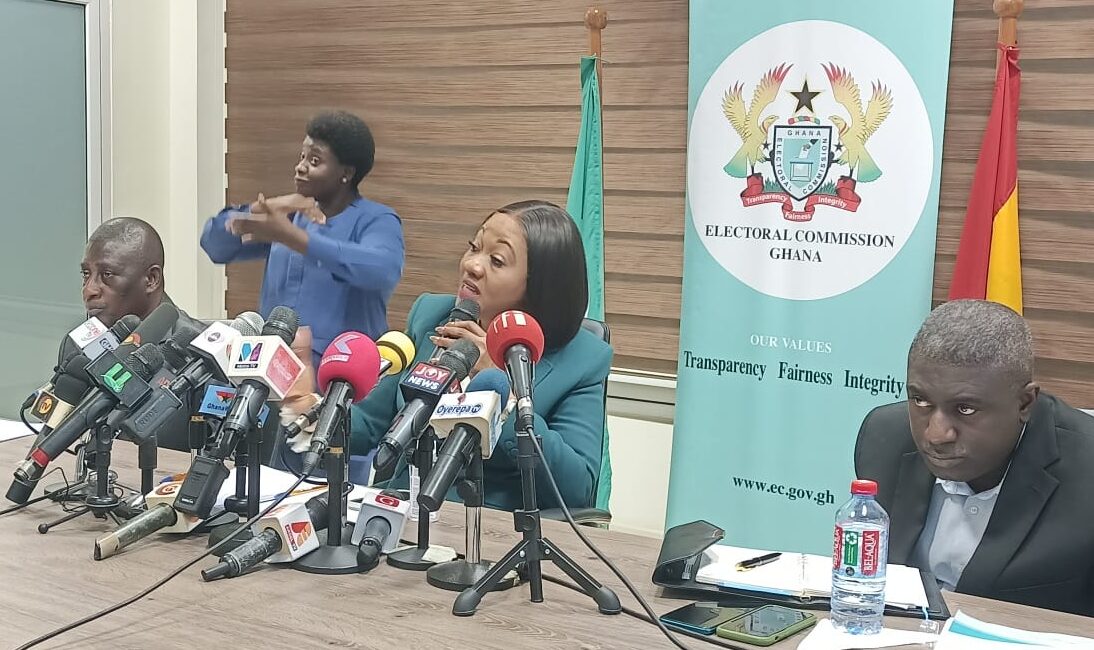The 2025 Boardroom Governance Summit brought together public- and private-sector leaders at the Labadi Beach Hotel yesterday, centering discussions on how board chairs can strengthen ethics, accountability, and long-term value in Ghana’s institutions. This year’s theme, “Daring to be Different:
The Role of the Chairperson in Effective Boardroom Governance”, framed a full day of keynotes and panel sessions.

Opening the summit, convener Prof. Douglas Boateng warned that weak oversight is costly, urging boards to enforce discipline, transparency and timely reporting.
“Waste is a thief of public trust. Discipline is cheaper than failure,” he said, linking strong boardroom practice to national economic stability.
According to the official agenda, proceedings began with registration and networking before the opening ceremony and keynote, followed by three panel discussions, the evolving role of the chair, the sequencing of chair versus CEO roles, and the critical function of the board secretary.
Structured Q&A segments and a summary session concluded the program.
The Chief of Staff of the Republic of Ghana, Julius Debrah, was billed as keynote speaker, underscoring the administration’s interest in governance excellence and effective board leadership across state and private institutions.

In his keynote, Mr. Debrah called on boards in both the public and private sectors to adopt ethical, generational governance: governance that does not merely serve the present, but is mindful of future generations’ interests.
He emphasized that board members should internalize their roles not as passive overseers, but as originators of institutional success, that their decisions and oversight should shape the long-term trajectory of their organisations.
He warned that boards that are complacent, lacking ethical bearings or accounting rigor, undermine trust and institutional resilience.
He also signaled that this Summit aligns with the administration’s broader “Reset Agenda,” positioning it as a mechanism to re-energize board performance, reduce institutional waste and corruption, and foster efficiency in public bodies.

Prof. Boateng tied board performance to broader economic outcomes, urging practical reforms such as concise meetings, earlier circulation of board papers, and regular ethics-and-risk dashboards: measures he argued would improve oversight and public trust.
Hosted at Labadi Beach Hotel, the second edition builds on last year’s inaugural gathering and continues a national conversation about measurable, ethics-led governance.
Organisers positioned the summit as a platform for chairs, directors and CEOs to share actionable practices that translate principles into performance.
Boards were urged to prioritise discipline, clarity of roles and timely information to reduce risk and enhance delivery.

Chairpersons’ leadership styles, and how they sequence responsibilities with CEOs, have material impact on strategy and accountability.
Strengthening the board secretary’s remit and cadence of internal audit and risk reporting can improve transparency and stakeholder confidence.
The summit closed with group photography and networking, with organisers signaling continued engagements to translate commitments into boardroom practice across sectors.
Source: myxyzonline.com





